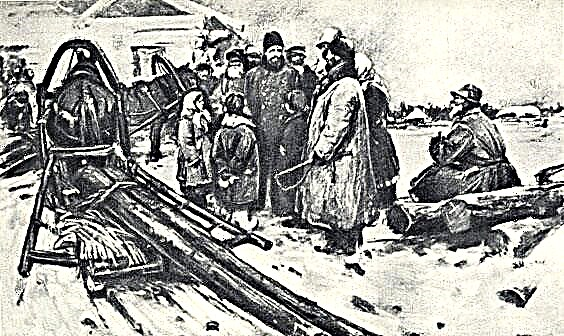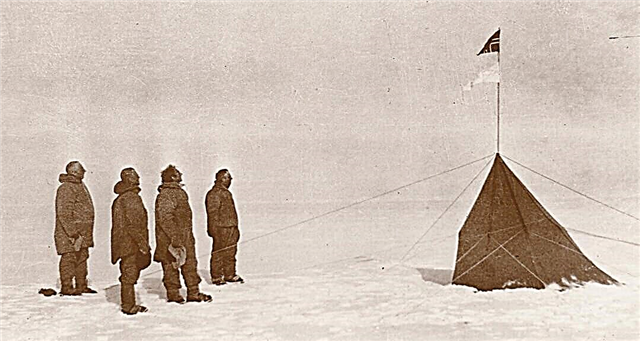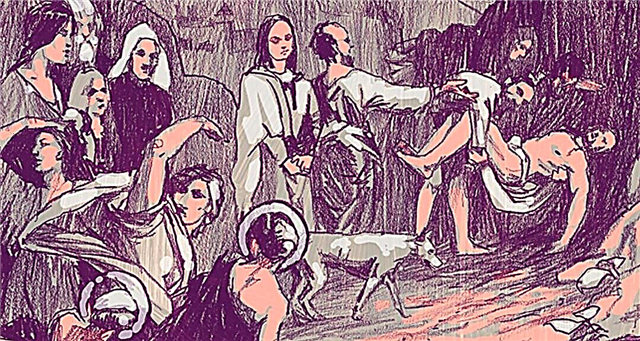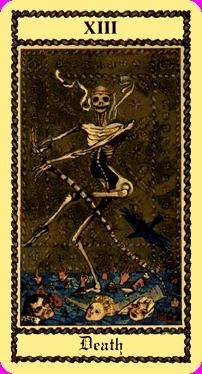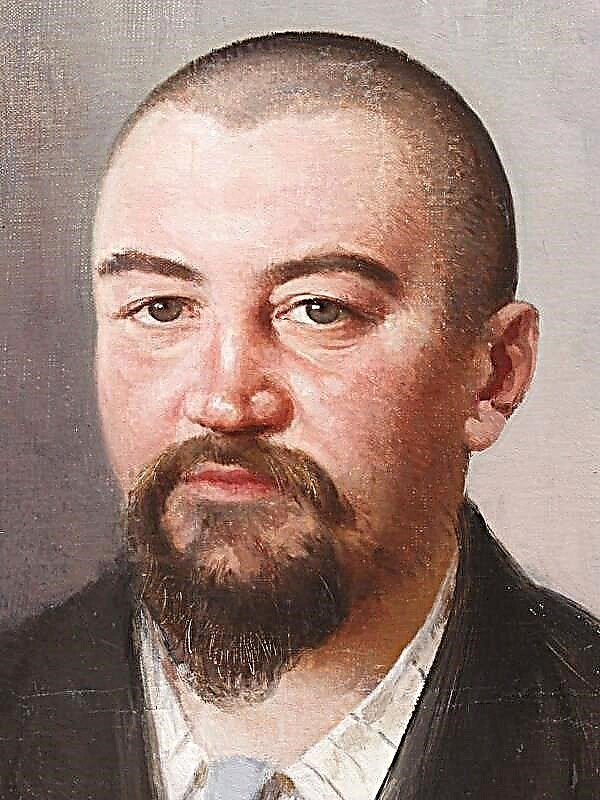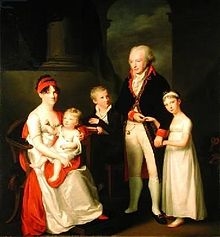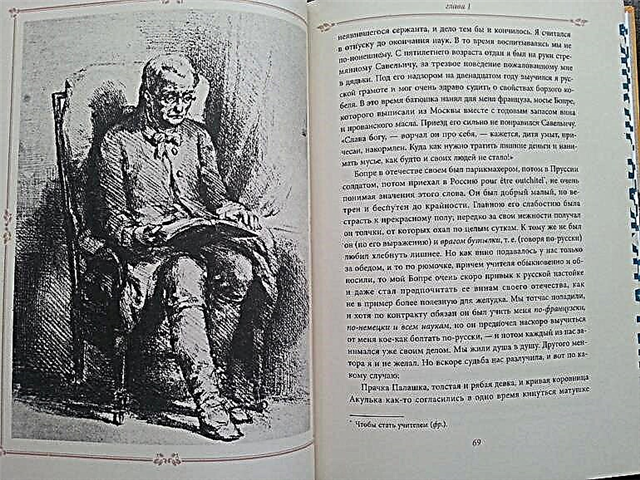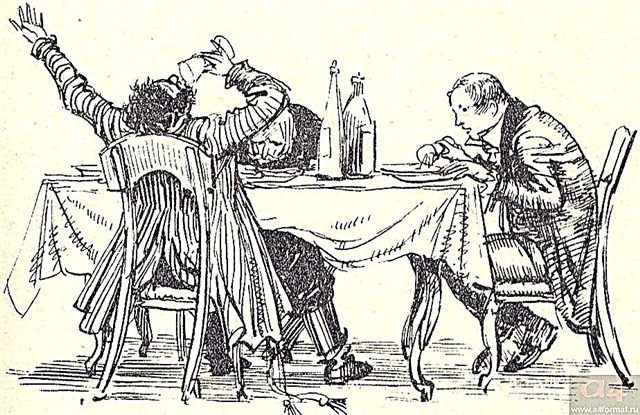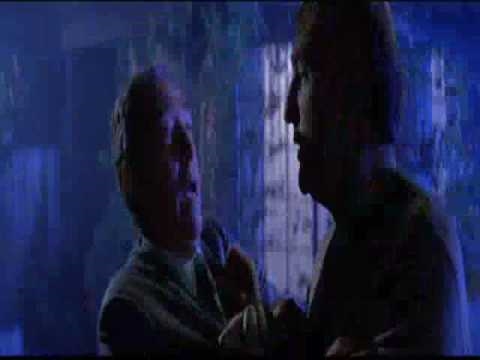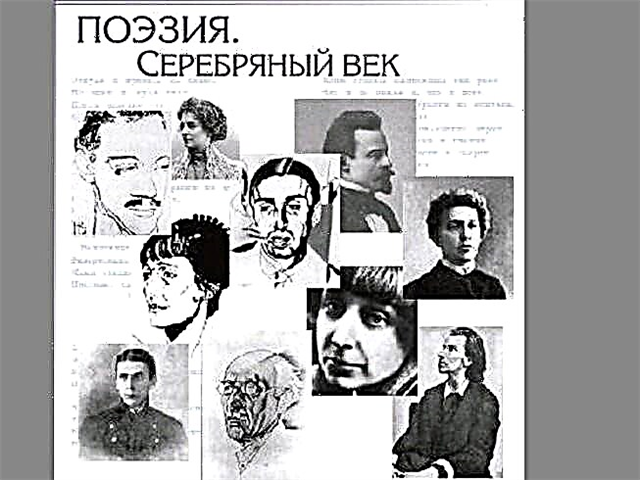The action dates back to the middle of the 16th century, to the period of the Reformation. Michael Kolhaas, the protagonist of the story, earns a living by raising and selling horses. This is a simple and fair person, highly appreciating his honor and dignity.
Once he goes to Leipzig and, crossing the border, sees a barrier on the Saxon side of the knight's castle. He is surprised. He had already crossed the border seventeen times, but the barrier had never blocked his path. It turns out that the old baron, the owner of the castle, died and in his place came his heir, cunker Wenzel von Tronka. It was he who introduced these innovations. Michael Kolhaas pays a border fee and transfers his herd to Saxon land. However, when he approaches the barrier, someone's voice hails him from the castle tower and orders him to stop. A caretaker comes out of the castle and demands a pass from Michael, without which supposedly not a single young lady with horses can be allowed to cross the border. Junker confirms the words of the caretaker and offers to go for a pass, and leave a couple of black people in his stables as a deposit. Michael is indignant at such violence, but there is nothing left for him to do but leave his servant Herza with the ravens, proceed with the rest of the herd to Leipzig to the fair, and on the way, in Dresden, get a pass. In the Dresden town hall from familiar advisers, he learns that the pass story is pure fiction, and receives written confirmation of this. Having sold the herd, in a few days he returns to Tronkenburg for his black sheep. There he learns that his servant was beaten and driven out of the castle. In the stable, he sees instead of his sleek horses a pair of skinny, exhausted nags. Kolhaas refuses to take the horses in this condition and demands that he be returned to him by the ravens in the form in which he left them. Junker leaves, slamming the door in his face. Koolhaas leaves his horses where they are, and leaves with the threat that he will achieve justice.
Arriving home, he discovers that his servant Herse returned all beaten up two weeks ago, but still has not recovered. Herze informs Koolhaas that his horses were mercilessly exploited, driven into unbearable arable land for them, transferred to the pigsty instead of the stables, and when Herze led them to bathe outside the castle gates, a ranger and manager with servants flew over him, threw him from the horse into the mud, beaten half to death, the horses were taken away and driven out of the castle.
Michael Kolhaas promises his servant that he will avenge him and achieve justice. He goes to Dresden to file a complaint with the court. With the help of a familiar lawyer, he draws up a lawsuit in which he describes in detail the violence perpetrated by the cadet Wenzel von Tronk, and demands that the guilty person compensate him for the damage, and that he himself suffers the deserved punishment. After endless delays that lasted for a year, he learns that his case was lost, because the cunker found two relatives with high authority: Ginz and Kunz von Tronka, of whom one is a sovereign under the sovereign, and the other a chamberlain.
Kollhaas does not lose hope of achieving justice and transfers his complaint personally to the Elector of Brandenburg. He finds himself very upset when he learns that the Elector has forwarded it to his chancellor, Count Calgeim, who is in the property with the house of Tronk. Kolhaas again receives a refusal and an order to no longer disturb the higher authorities with his gossip and squabbles. Then, from one driver, he becomes aware that his crows are still used in Trokenburg in field work along with other horses.
Then Koolhaas invites the headman, his neighbor, who has long been planning to expand his land holdings, and offers him to buy all his property in Brandenburg and Saxony, with the exception of horses. The headman accepts his offer. Michael Kolhaas’s wife is frightened by his plans to seek recognition of his rights in illegal ways. She offers him her help, wants to go to Berlin and herself to petition the sovereign, because she believes that a woman has more chances to draw attention to herself. This idea is even less successful than all the previous ones. Lisbeth returns with a dangerous wound in her chest. Obviously, she made her way to the sovereign with such stubbornness that she received a pike in the chest from one of the guards. A few days later she dies in the arms of a heartbroken Michael.
After returning home after the funeral, Kolhaas draws up a letter in which he instructs the cadet to deliver him his well-fed ravens, then collects seven of his servants, arms them and sets off for an attack of the castle. He sets fire to the castle, and the servants, dissatisfied with his master, arm and attach to his unit. The very cadet Wenzel manages to escape. For some time he is hiding in a monastery, where his aunt is the abbess. However, when Kollhaas with the detachment arrives at the monastery, it turns out that Wenzel von Tronka slipped away from him again and headed for Wittenberg.
In Wittenberg, realizing that with his detachment of ten people he will not be able to cope with the whole city, Kolhaas composes an appeal in which he sets out everything that happened to him and calls on every good Christian to take his side. His squad is growing, the number of supporters is also increasing. He avoids a direct clash with troops sent by the government against him, and hides in the woods. From time to time he returns to the city and sets it on fire again and again. The defense of Wittenberg is even stronger than before, a detachment of 500 people under the command of the Prince of Meissen. Hidden in the city cadet under guard transported to Leipzig.
There were already around 300 people around Koolhaas. He smashes the prince's squad. In this battle Herze perishes. Soon, Kolhaas approaches Leipzig and sets it on fire from three sides. Then Martin Luther undertakes to return Kolhaas to the borders of the "order established by people." He sends out an appeal throughout the electorate, in which he calls him an apostate and a rebel. Kohlhaas, having read this leaflet, signed by Martin Luther's most respected name, orders the horse to be saddled and, under an assumed name, goes to the author of the message. In a conversation with Luther, Kollhaas tells him that he wants only legal punishment for Wenzel von Tronk and that he himself should be compensated for and returned the horses in their original form. Martin Luther undertakes to intercede for him before the Elector of Saxony. The next morning he sends a message to the Elector, in which he points out the unworthy actions of Messrs. Von Tronk, demands an amnesty for Michael Kolhaas and the opportunity to continue the trial. The Elector, having learned that the gang of young ladies has already grown to 400 people and the people on his side, decides to follow the advice of Dr. Luther and allows Kolhaas free travel to Dresden to review his case, provided that within three days he dismisses the gang and surrenders weapons. If the court decides that his lawsuit is lawful, then he and his associates will be granted amnesty.
Koolhaas arrives at his house in Dresden, and the Prince of Meissensky immediately orders to put a guard near him, supposedly to protect him from the people gathered around him. Riots continue to take place everywhere, but no longer through the fault of Koolhaas, Johann Nagelschmitt, one of the members of a gang of young ladies, continues the work begun by Michael Kolhaas with the remnants of his detachment and hides behind his name. The enemies of Kolhaas set a trap for the young lady, as a result of which he writes a letter to Nagelshmit and informs that he allegedly wants to join him. The letter is intercepted by the servants of the prince, and on the basis of this paper, the prince asks the emperor to conduct a strict investigation over Kolhaas in Berlin. The court decides to return to Kolhaas everything that was taken from him. He is returned with his well-fed black sheep, the money left by Herza in the castle when he was kicked out, and the cadet Wenzel is awarded for two years in prison. Michael Kolhaas is pleased with the result, but he has to answer with his death for the disturbed peace in the country.

